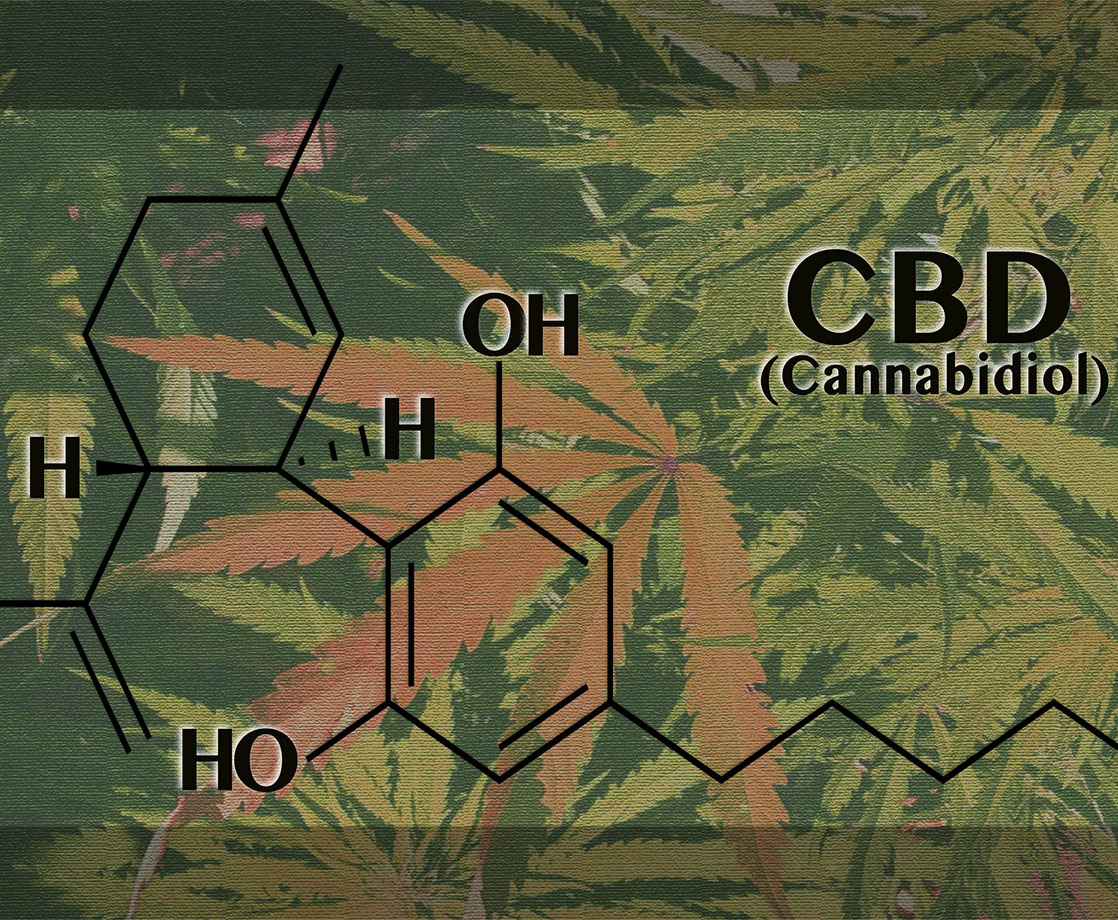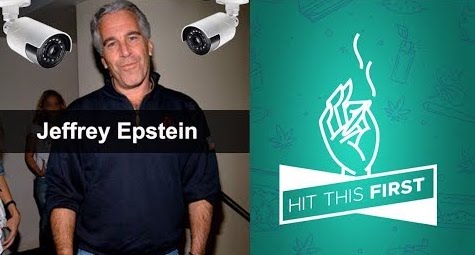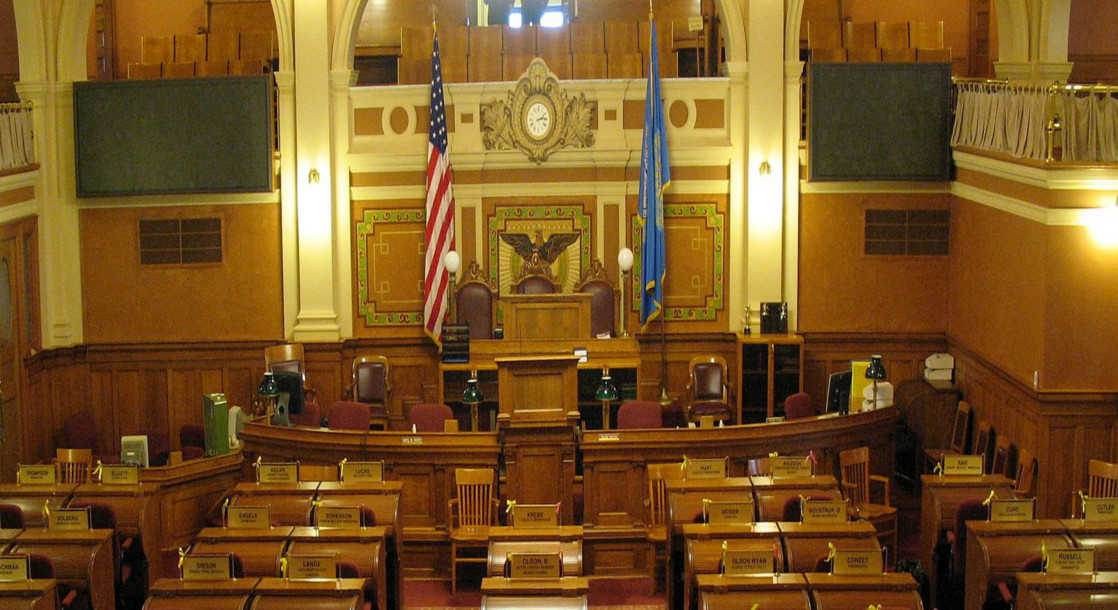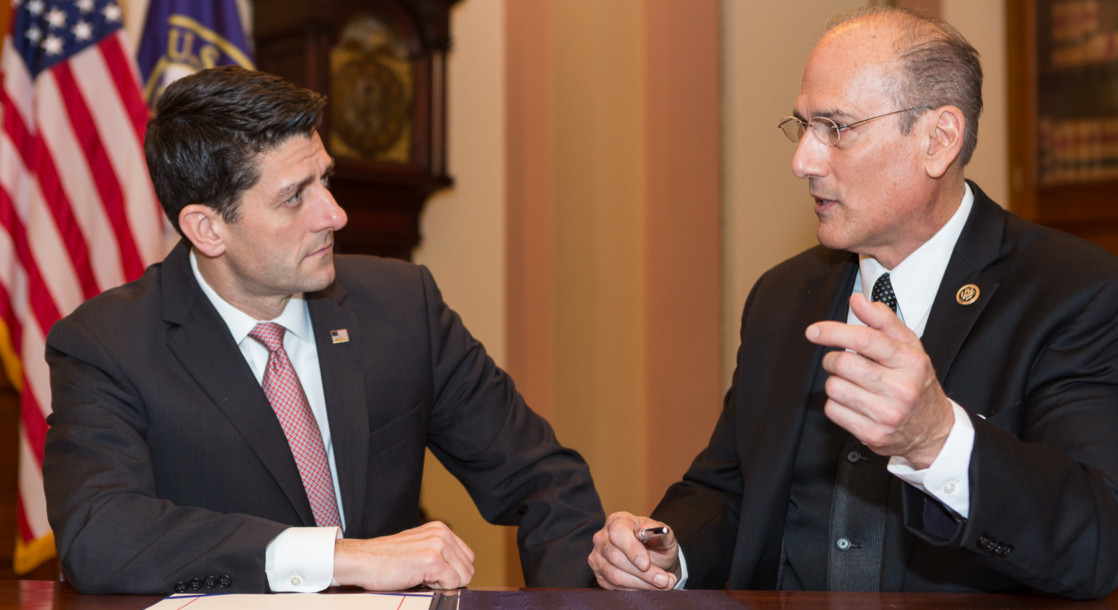Lead image via
It’s official: “CBD” and “medical marijuana” are now permanent fixtures in the American lexicon. Joining hangry, tent city, guac, and more in the latest batch of additions to the Merriam-Webster online dictionary, the vocabulary update is the latest example of cannabis’ growing place in mainstream culture.
First reported by Masslive, CBD and medical marijuana were added to the dictionary website late last month and formally announced this week. Noting that the term is an abbreviation for the compound cannabidiol, Merriam-Webster defines CBD as “a non-intoxicating cannabinoid found in cannabis and hemp,” offering contextual examples that detail the naturally-occuring substance’s ability to mitigate epileptic seizures and pain from Multiple Sclerosis.
As cannabis reform legislation continues to spread like wildfire across the country, cannabis and hemp-derived CBD products have emerged as best sellers in cannabis dispensaries, health stores, and head shops. Since hemp-derived CBD occupies a legal grey area, products made with it largely fly under the radar of federal authorities. As such, cannabidiol oils, edibles, and more are sold throughout prohibition states, from New York to Kansas. In addition to health food and supplement stores, CBD can be purchased online.
But while America’s vocabulary experts were pretty spot-on in their assessment of CBD, Merriam-Webster’s definition of medical marijuana ran into an all-to-common semantic snag. On the dictionary site, medical marijuana is now defined as “marijuana that is available only by prescription and is used to treat a variety of medical conditions (such as pain, anxiety, nausea, and glaucoma).” The wordsmiths were correct in their cataloguing of conditions treated by MMJ, but unlike FDA-approved medication, federal prohibition has made it impossible for American doctors to actually “prescribe” pot. Instead, qualified patients are given recommendations for medical cannabis, which can then be used to acquire state-legal pot, depending on local regulations.
Despite the minor technical slip-up, the inclusion of specific cannabis terms in one of the nation’s most highly-respected reference texts speaks volumes to the drug’s evolving place in American culture, despite continued institutional ignorance from the federal government.
Other notable recent additions to the Merriam-Webster dictionary include the gender inclusive cultural identifier “latinx,” the streaming media-related adjective “bingeable,” and the presumably Migos-inspired abbreviation “bougie.”
Follow Zach Harris on Twitter











